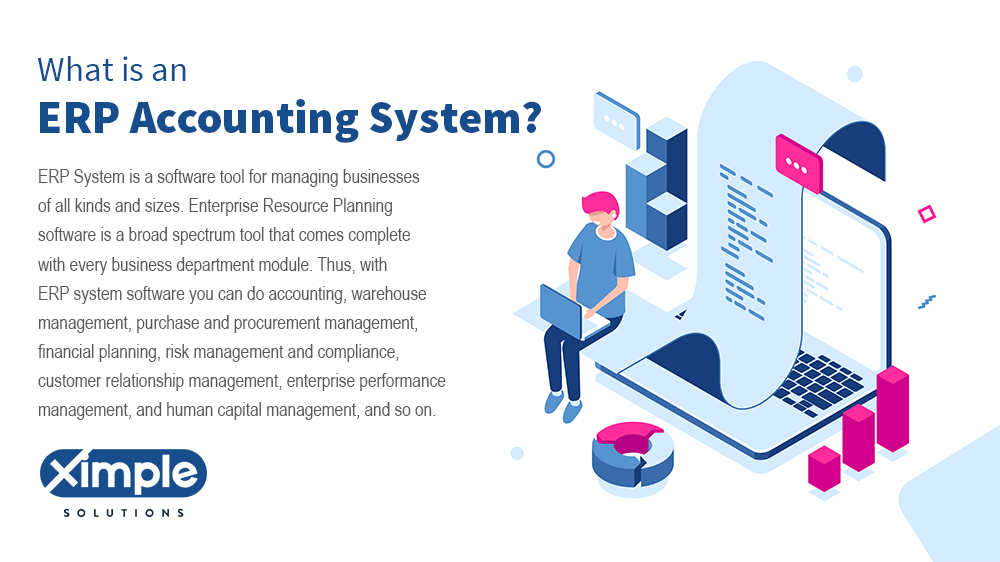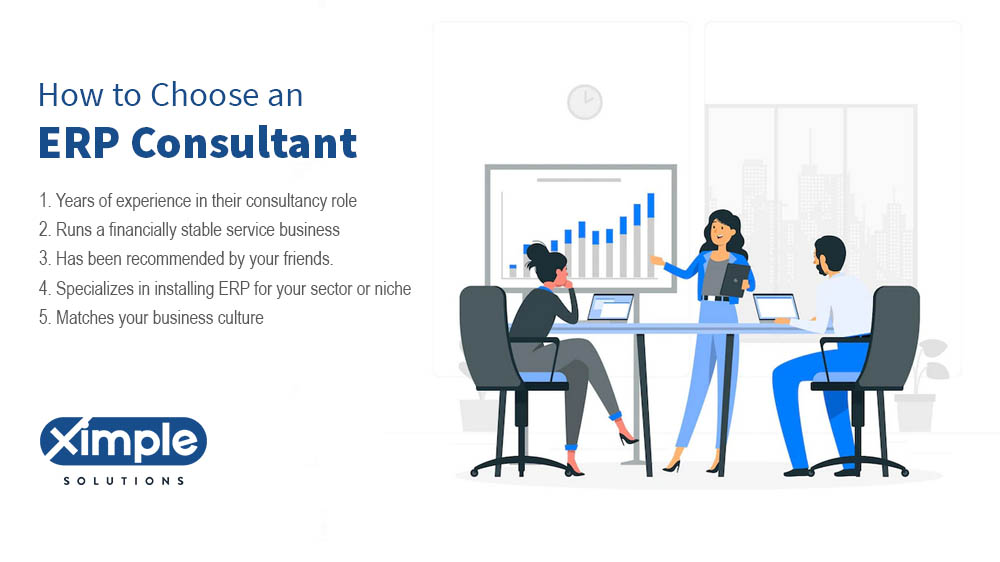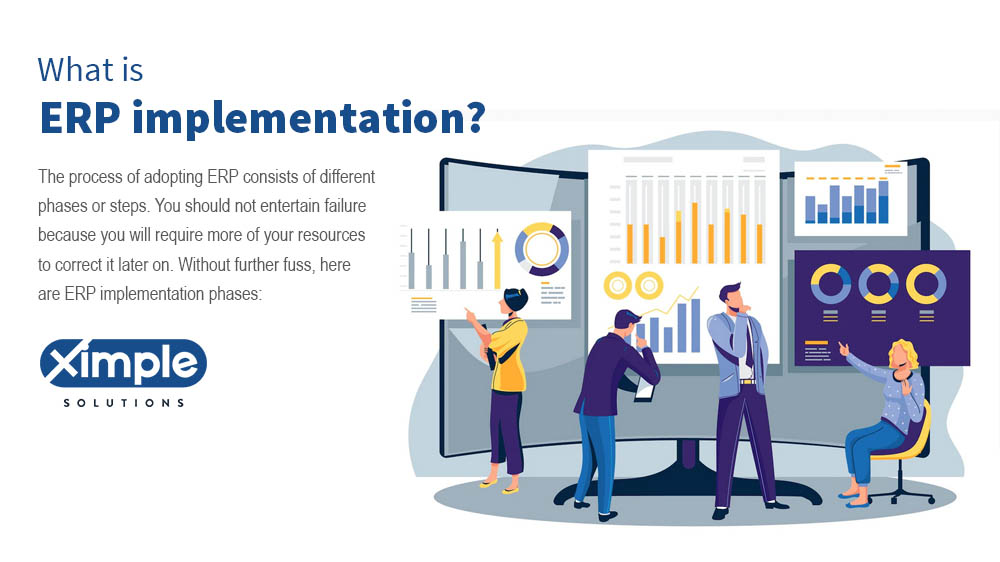
What is an ERP Accounting System?
An ERP Accounting System is a useful software to manage financial data and processes of the company. ERP Accounting System includes modules such as SCM (supply chain management), CRM (customer relationship management), Purchasing, Sales, Warehousing, and many more. The ERP Accounting System works by centralizing financial processes from various departments of the company. ERP Accounting […]
Read More

What is ERP Consulting? How to Choose an ERP Consultant
How to Select Your Ideal ERP Consulting Firm ERP Consultant can help distributors to find the Right ERP Software. If appropriately managed, a wholesale distribution business can be very lucrative. It can grow fast and expand its operations to new regions. On the contrary, poor management of a wholesale distribution business can lead to losses […]
Read More

9 Key ERP Implementation Phases and Methodology
It’s important to know the ERP Implementation Phases because nowadays COVID pandemic has accelerated Digitization, Digitalization, and Digital Transformation plans for many Wholesale Distributors. Wholesale Distributors have suddenly understood that Technology can improve efficiencies, and reduce inventory and profitability. Technology no longer looks esoteric. The last ten years have seen many technologies and ideas mature […]
Read More






